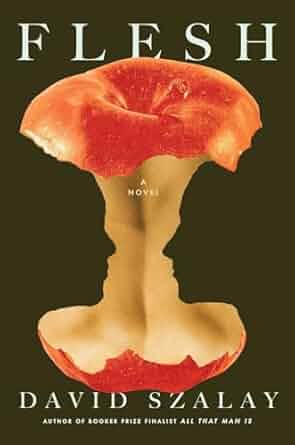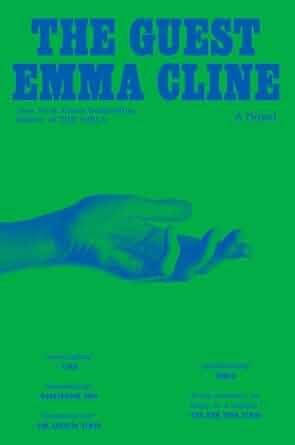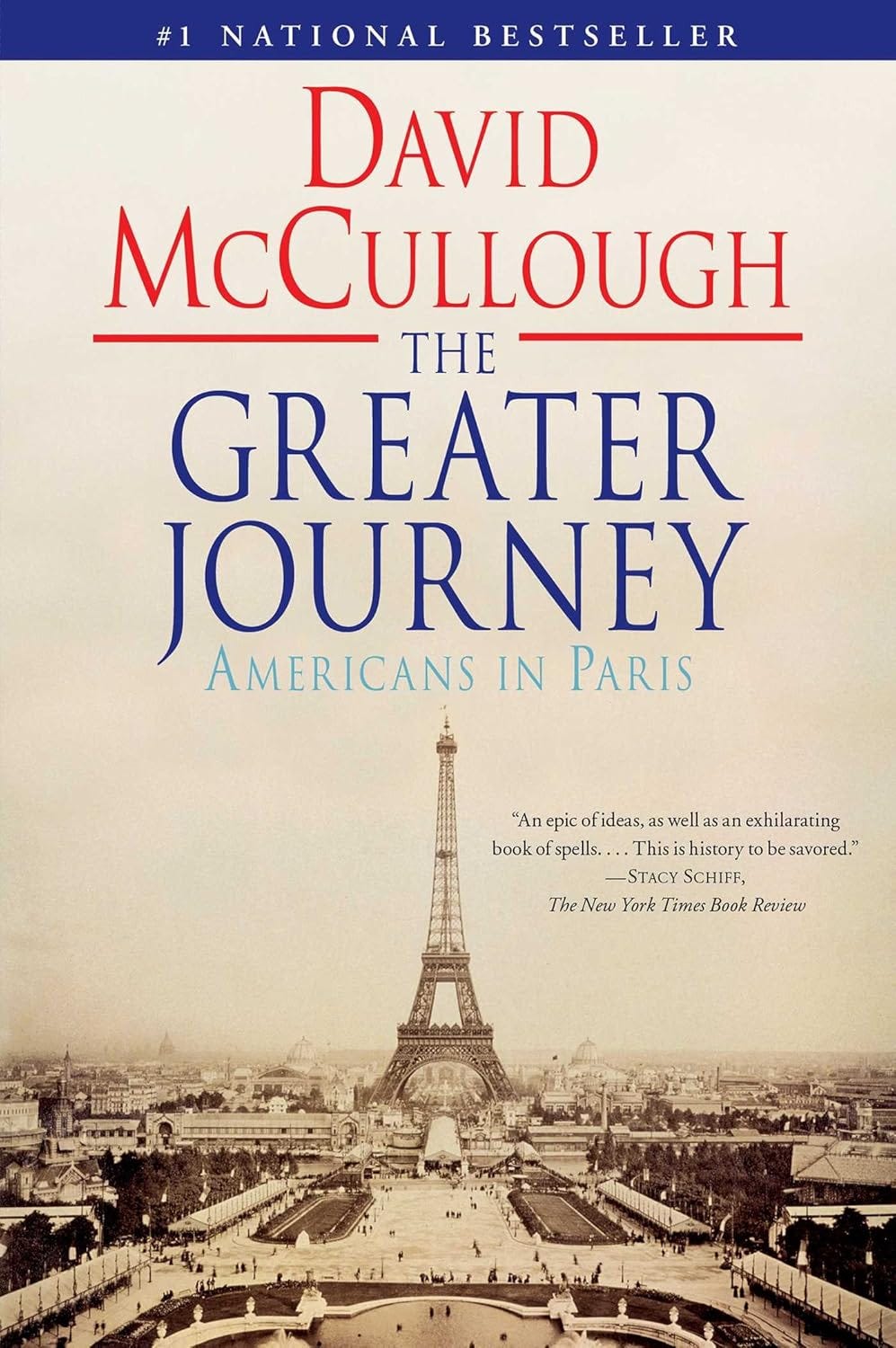This weekend was my birthday. We ate, drank, and played music in the dark — and it was a great time. It’s nice to have a weekend so full of light and love and happy faces. It almost let me forget everything else.
Last week I also interviewed Bille August, a director of great renown who has been making art for 45 years. You’ve likely seen Pelle the Conqueror, The Best Intentions, or Night Train to Lisbon. He has a new film, The Kiss, coming out. We talked about his long career, how he thinks about storytelling, and why empathy is still one of the most difficult — and beautiful — parts of being human.
From the very start, Bille made it clear: he’s in it for the right reasons. "Ever since I was a child... I started to write stories," he said. "That was my way of understanding what was going on." That need to process life, not escape from it, runs through everything he makes. “If there’s something that is important to me, I take the essence of what’s going on and I put it together to one development. That’s how I express myself.”
August began as a still photographer, and that sense of precision and observation still guides him. “I’m seeing, when I work — always see images or scenes. The combination of this visually way of approaching life and also cutting events together, that is for me making movies.”
When I asked him if he’s ever wanted to stop, he said yes — once or twice. “I did a film that I was really not pleased with... The script was bad, and it was badly received. I had big fights with the actors.” But then the joy returned. What brought it back? The work itself. “If you have a good scene, if it’s well written and you have wonderful actors... you create magic. You feel it. And then it’s gone again. And that’s what it’s all about.”
He explained it like this: “The great thing about all that is... the audience in the movie theaters, they will witness exactly what happened that day, those few seconds. And they will feel the same thing, hopefully. They will also feel that this has nothing to do with somebody else in the room... This is something personal. I only discovered these few moments of magic.”
There’s nothing sentimental in how he talks about art. It’s not about inspiration or genius. It’s about work. “Don’t make things more complicated. Don’t try to do something sophisticated... Be prepared.” When I asked about AI, he didn’t dismiss it. “It’s a big help, depends on how you use it.” The real problem isn’t tech — it’s forgetting the point. “Everything comes down to a good story... If you don’t have a good story, it doesn’t help.”
The Kiss, his new film, is a love story. But it’s also about pity, shame, class, and confusion. “Can love be confused by pittiness? Can pittiness be confused by love?” he asked. “It’s a beautiful dramatic story… about empathy. And that’s the big problem. He feels sorry for her. He has a big empathy for this handicapped girl.”
It’s a strange conflict, but a very real one. “If he declares he’s in love with her, it would be a scandal... But he feels so sorry for her. And all she’s asking for is to be respected as a person. That’s it.”
So I asked the obvious question: why make a film about empathy?
“Because we all have empathy, don’t we? We should have at least. Unfortunately, the world is changing a lot. It’s so much more about me, me, me... But we still have empathy, and it’s important to remember. It’s a big quality in human beings.”
He paused. “For me personally, why do I make films? Why do I tell stories? It’s to remind myself — and maybe remind the audience — that human beings are human beings.”
That was the end of our talk. He had more interviews to do, more people to talk to, more chances to pass on that reminder. But it was lovely to hear from someone who has been in the trenches for so long.
And now on to the books.
Flesh
by David Szalay
This book had no right to be as good as it was. It’s the story of a thuggish guy who makes good, makes millions, and then loses it all for reasons that seem beyond his control. On the surface, it’s kind of a Scarface story with more sex and much less violence, but deep down it’s a meditation on love and lust — and how what we take is often not what we really want. Really worth a read.
The Guest
by Emma Cline
If you’ve read this, please respond and explain the ending. If you haven’t, pick it up, read it, and let me know what you think. Basically, this is the same as Flesh, above, but shown from a female perspective. It’s a dark novel with lots of foreboding, and the characters are roundly awful. But damn it if Cline can’t turn a phrase.
The Greater Journey: Americans in Paris
by David McCullough
I always try to fit in a little history for my monthly reads and this one was particularly interesting. In The Greater Journey, David McCullough turns his attention to a lesser-known but deeply influential chapter in American history: the 19th-century Americans who went to Paris not as tourists, but as students, artists, and thinkers seeking something they couldn’t find at home. With the same clarity and warmth that defines his earlier work, McCullough paints a portrait of a generation that helped shape American medicine, art, literature, and politics — by first looking outward.
This is not a grand narrative driven by one or two key figures. Instead, McCullough traces the paths of many: Elizabeth Blackwell, Charles Sumner, Samuel Morse, Mary Cassatt, John Singer Sargent, and others, weaving their stories together with care. What links them is a shared sense of purpose and a belief that learning from another culture — especially one as rich and turbulent as France’s — could elevate their own.
It’s long but worth it.







